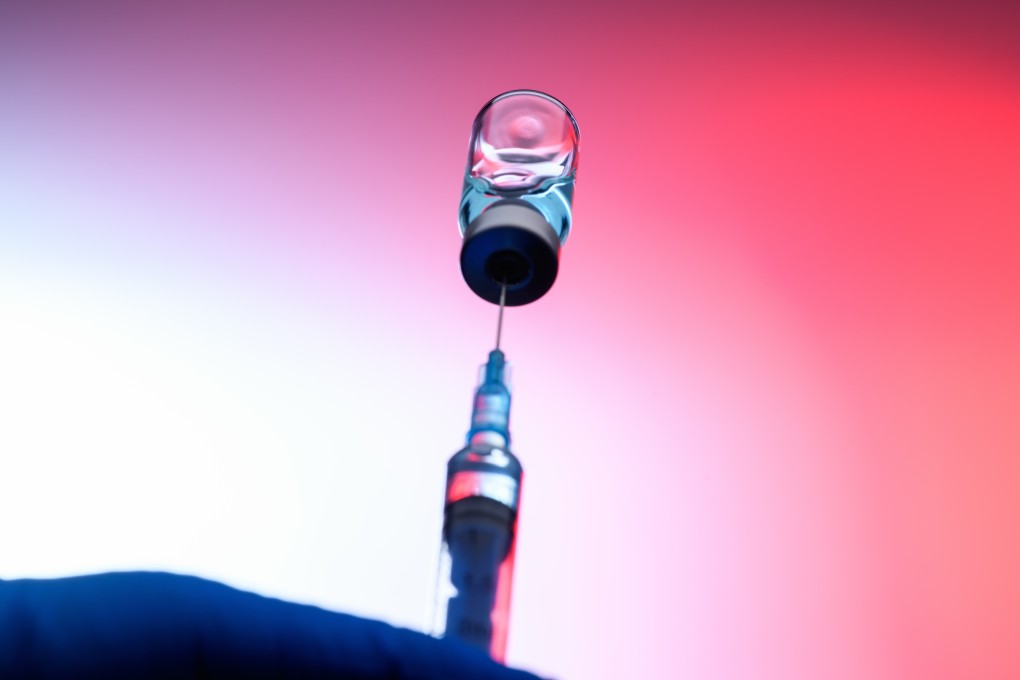Advertisement
Coronavirus: Taiwan working on ‘room temperature’ DNA vaccine to combat Covid-19
- Scientists say a vaccine using the radical new technology could be ready to enter human clinical trials by the end of the year after tests on mice and hamsters
- Products using another genetic technique – mRNA technology – have been approved for use but have to be kept at ultra-low temperatures
Reading Time:3 minutes
Why you can trust SCMP
21

Taiwan is working on a Covid-19 vaccine that uses DNA technology and can be stored at room temperature, according to a study published on Thursday.
The jab uses genetic material from the coronavirus’s spike protein to trigger an immune response in humans.
Compared with mRNA vaccines, such as the Moderna and Pfizer/BioNTech products, which also make use of genetic material from the virus, DNA vaccines can be produced more quickly and at a lower cost.
Advertisement
The Taiwanese vaccine is still in the preclinical stages but may be approved for human trials before the end of the year.

06:18
SCMP Explains: What’s in a Covid-19 vaccine?
SCMP Explains: What’s in a Covid-19 vaccine?
A study of the effect on mice and hamsters published in the journal PLOS Neglected Tropical Diseases, found that they developed antibodies that peaked at eight weeks after getting two doses three weeks apart. The levels remained relatively high at week 20.
Advertisement
Advertisement
Select Voice
Select Speed
1.00x